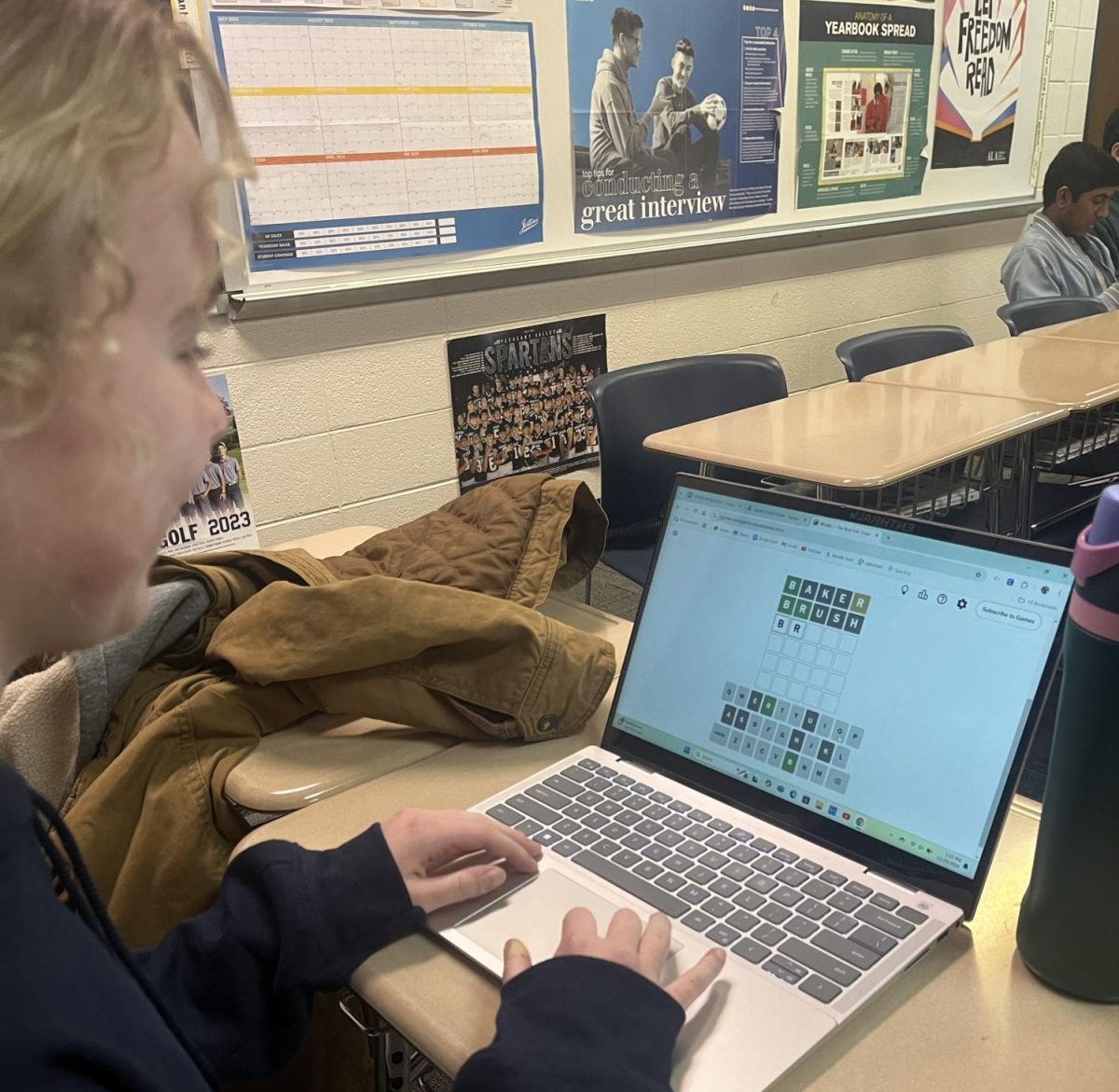Puzzles and games have always had a place in society, offering numerous benefits that positively impact the health of all people and ages.
Brain games are defined as an activity that stimulates the brain, often incorporating elements like strategy, memory, ingenuity and logic These aspects appeal to the vast majority of puzzle enthusiasts. Among the most popular puzzles are sudoku, chess, riddles and crosswords.
Branching away from traditional jigsaw puzzles and board games, the integration of technology into this market has significantly boosted the popularity of brain games. With apps like Elevate and Lumosity readily available for mobile devices, the accessibility of cognitive training has grown exponentially and allows all kinds of people to challenge their brains.
One of the most popular brain game websites from recent years is the New York Times. Introduced in 2022, their unique game titled “Wordle” became a worldwide sensation and launched the website’s popularity. This prompted them to add several other games like Connections and Strands, all aiming to provide a daily cognitive challenge.
The New York Times’ appeal even extends to young adults, a relatively uncommon occurrence given the games aren’t the traditional video games full of “brain rot” that typically addict young people. The games have continued to be played, even years after their peak.
Senior Henry Gannaway explained the mechanisms behind society’s enticement to these games. “Everyone is able to have success with the New York Times’ games. While they’re often difficult to figure out, [the puzzles] don’t require a specific expertise, which allows anyone who wants to try them to have a chance at completing them,” Gannaway described.
The healthy engagement of young minds may signal an upward trajectory of the world’s overall mental state.
The increased use of brain games is in part due to increased awareness of mental health in general. As discussions regarding mental health become more mainstream, the negative stigma around this topic is dissipating. The first step to improving mental health and cognitive abilities is addressing the root causes of these problems.
When people are more cognizant of their brain’s function and development, they tend to take steps to improve it.
Mind puzzles appeal to all ages because of their variety, which gives players control over their brain’s exercise. There are puzzles like crosswords, which target reasoning and memory, but also sudoku, which works on strategic thinking and concentration. Anyone can choose a specific function of the brain to improve through brain games, and there are many options for any particular goal.
“[They’re] a great way to think in a way that’s very different from many of my classes,” Gannaway added. “They’re fun ways to work on my critical thinking and are a nice way to take a break from schoolwork while still using my brain.”
The overarching benefits of brain games traverse all age demographics.
For young people, engaging in brain games can enhance skills such as memory and task execution, which support effective learning and improve language use. For the elderly, brain games can challenge the brain’s executive function and processing speed to mildly prevent age-related cognitive decline.
Retired Research Analyst for the University of North Carolina-Chapel Hill Pat Magyar uses the Elevate app daily. “It has a good variety and lots of challenging aspects,” Magyar stated. “I’ve done it for years…at 78, I think it has helped my cognition to stay sharp.”
In other words, people can achieve mental elasticity when their tasks are directed at this improvement.
Puzzles of all kinds not only engage essential parts of the brain but also promote relaxation. Mainly seen in older adults, mental activities like sudoku and crosswords detach a person from their screens and allow their mind to unwind, an especially helpful tactic before bed.
Despite many benefits already established, there is very little research done on the effects of brain puzzles. This potentially groundbreaking field lacks research that could improve the overall cognitive functions of innumerous lives.









